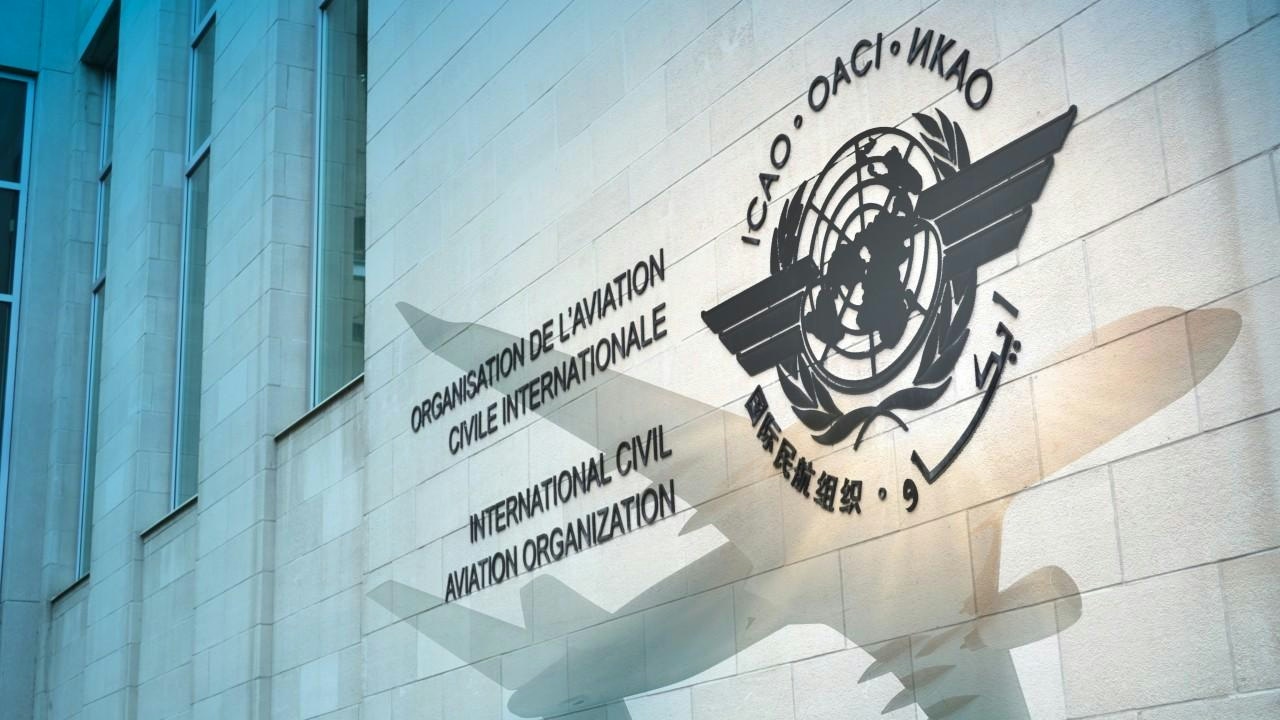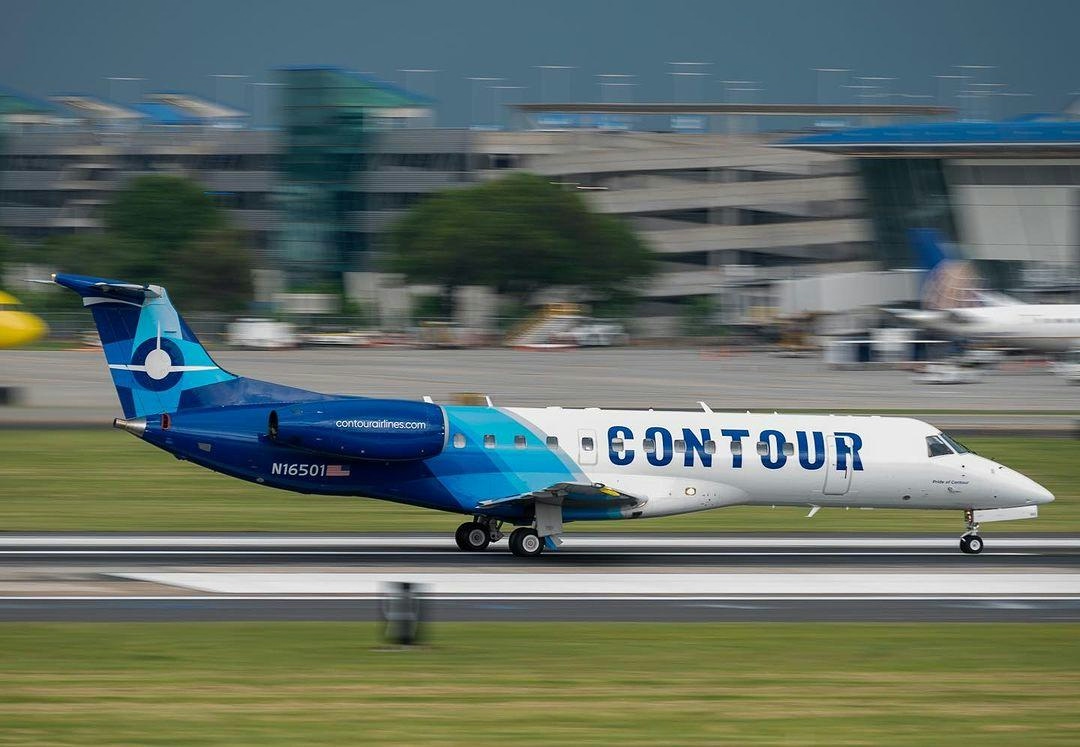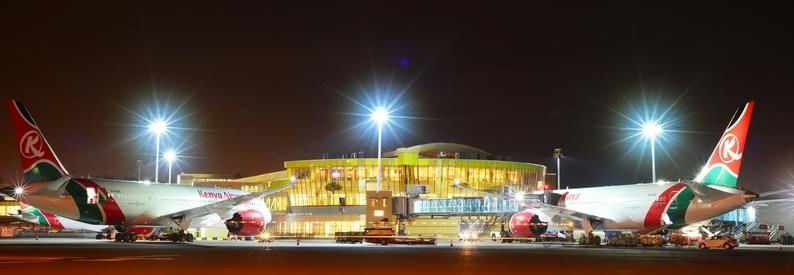
Smarter email, faster business.
Trending
Categories
Boeing Secures $50 Billion in March Orders

Boeing Secures $50 Billion in March Orders Amid Market Uncertainty
Boeing has reported a remarkable surge in new aircraft orders and contracts, totaling over $50 billion in the final two weeks of March 2025. This influx of business further bolsters the aerospace giant’s already substantial backlog, which exceeds half a trillion dollars, reinforcing its status as a dominant force in the global passenger aircraft market alongside its French competitor, Airbus SE. Despite this robust demand, Boeing’s stock has declined by 5.66% year-to-date as of April 1, 2025, prompting debate over whether the current dip presents a buying opportunity.
Significant Contracts Drive Growth
March proved to be a particularly fruitful month for Boeing, marked by several high-profile agreements. Japan Airlines expanded its 2023 order by acquiring 17 additional Boeing 737-8 aircraft, bringing its total to 38 planes, with deliveries scheduled to commence in 2026. Korean Air finalized its largest-ever purchase from Boeing, ordering 20 Boeing 777-9 and 20 Boeing 787-10 jets, along with options for 10 more 787 Dreamliners. Valued at $32.7 billion, this deal will substantially enhance Korean Air’s widebody fleet.
Malaysia Airlines committed to acquiring 18 Boeing 737-8 and 12 Boeing 737-10 aircraft, with options for up to 30 additional 737 MAX jets, with deliveries beginning in 2029. BOC Aviation placed an order for 50 Boeing 737-8 jets, increasing its backlog to 138 aircraft; the leasing company currently operates 69 Boeing 737 MAX planes across more than 15 airlines worldwide.
In the defense sector, Boeing secured a significant contract from the U.S. Air Force under the Next Generation Air Dominance (NGAD) program to develop the sixth-generation F-47 fighter jet. This agreement is expected to be worth hundreds of billions of dollars over several decades. Additionally, the sustainment contract for the C-17 Globemaster III was modified to add $2.45 billion, bringing its total value to $7.59 billion.
These contracts highlight strong demand for Boeing’s products, even as the company proceeds with a 10% workforce reduction, equating to approximately 17,000 jobs, following last year’s strike involving 33,000 mechanics.
Market Challenges and Investor Caution
Despite the impressive order book, Boeing faces several challenges that temper market enthusiasm. Potential export tariffs may encourage U.S. airlines to prioritize domestic purchases, but Boeing continues to contend with safety concerns and ongoing production difficulties. These issues, coupled with intense competition from Airbus and emerging aerospace manufacturers, have contributed to a cautious investor response, reflected in the company’s underperforming stock price.
Strategic Initiatives and Analyst Perspectives
On April 1, 2025, JPMorgan added Boeing to its Analyst Focus List as a growth stock, citing optimism about the commercial aerospace sector’s demand and improvements in supply chain management. Concurrently, Boeing is reportedly exploring the sale of its Jeppesen navigation unit, attracting interest from major aerospace and defense companies. This potential divestiture forms part of Boeing’s broader strategy to streamline operations and concentrate on its core aerospace and defense businesses, aiming to enhance financial resilience amid shifting market conditions.
Outlook
Boeing’s recent $50 billion order intake underscores strong market demand, yet the company’s trajectory remains complicated by tariffs, safety and production challenges, and fierce competition from Airbus. Investors considering Boeing stock must carefully balance these risks against the company’s extensive backlog and strategic efforts. The market’s cautious stance suggests that Boeing’s future performance will hinge on its ability to resolve operational issues and seize emerging opportunities.

Asia-Pacific Advances ICAO Safety, Sustainability, and Connectivity Goals

Aircraft Engine Forging Market Projected to Reach $6 Billion by 2031

Contour Airlines to Launch Caribbean Flights

Madagascar Airlines Renews CEO’s Contract to Ensure Continuity

UAMCO Collaborates with Ramco Systems on Aviation Software Implementation

Kuehne+Nagel and MTU Strengthen Partnership in China

Kenya Airways Secures $50 Million Loan, Awaits $500 Million Capital Injection

Qantas Reports $2.4 Billion Profit, Orders Airbus Jets, and Declares Dividend

Dubai Airshow 2025 to Highlight Advanced Air Mobility and eVTOL Technology
